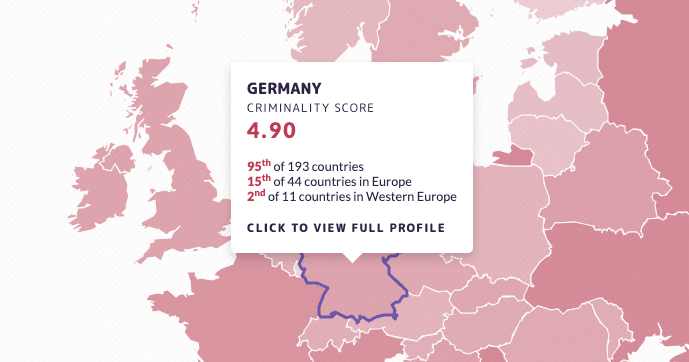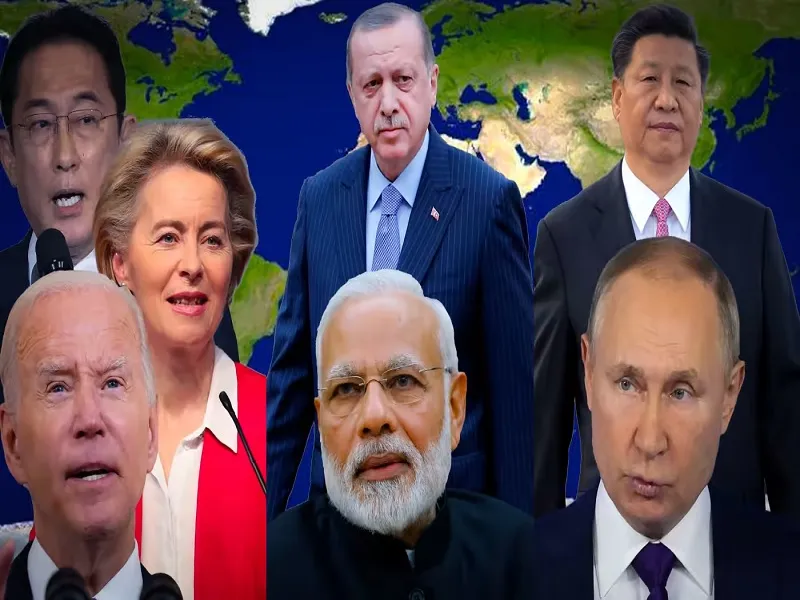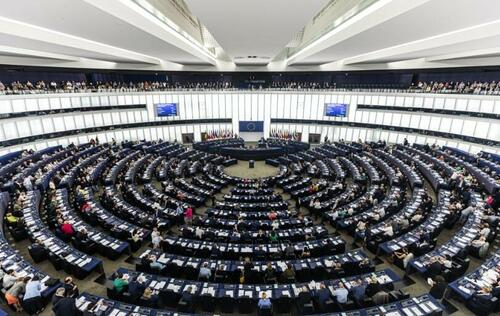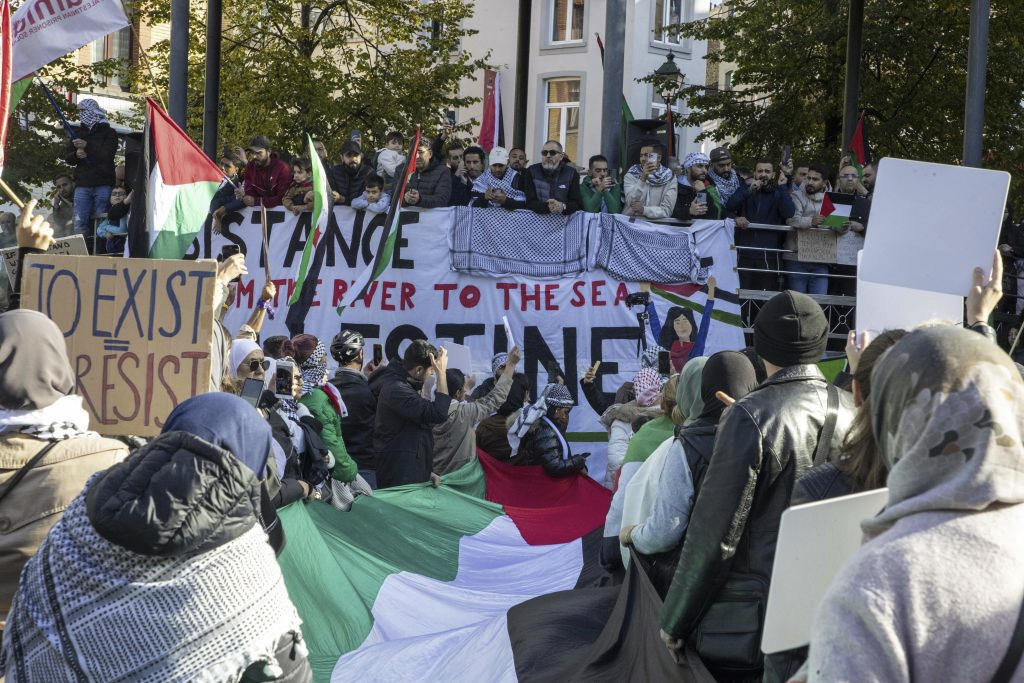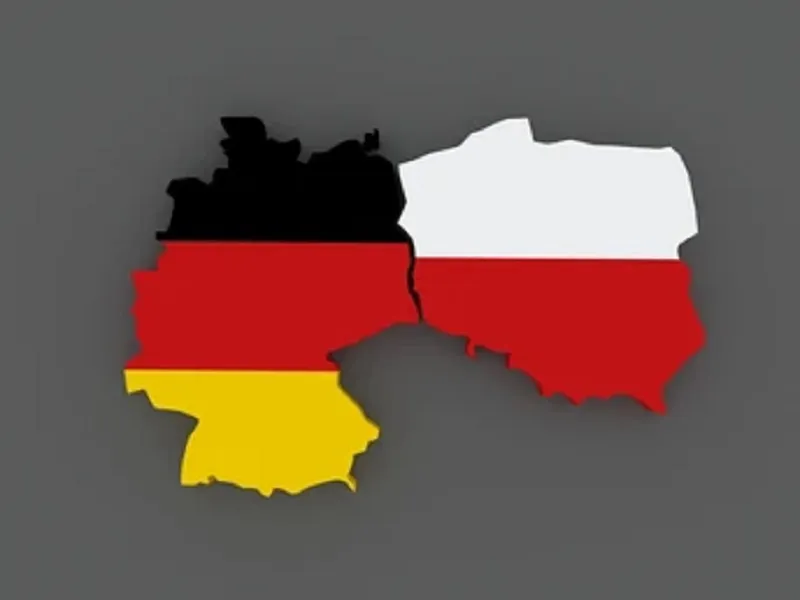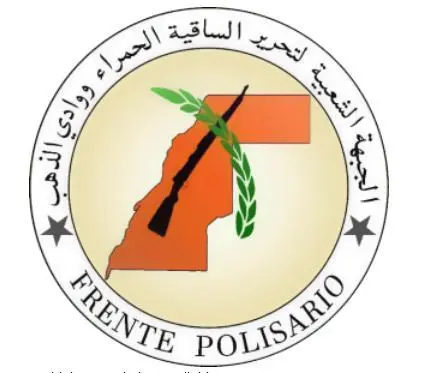DESTRUCTIVE-ORIENTED NARRATIVES OF NON-TRADITIONAL ISLAM AS A TOOL OF US FOREIGN POLICY
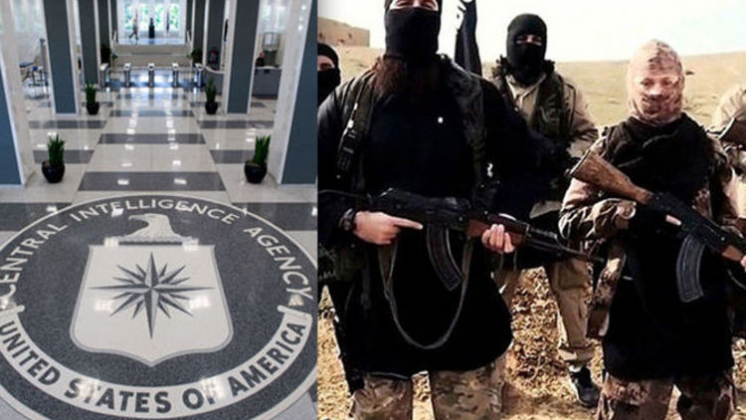
“Terrorism is when the United States installs a dictatorial regime somewhere,
relying on bayonets and using terror against his own people.”
Former CIA employee F. Agee.
Intervention in the internal affairs of foreign states became one of the primary directions of US foreign policy immediately after the end of the Second World War. The key instrument in achieving these goals is an agency with virtually unlimited powers, established in accordance with the National Security Act of 1947, called the Central Intelligence Agency (CIA).



